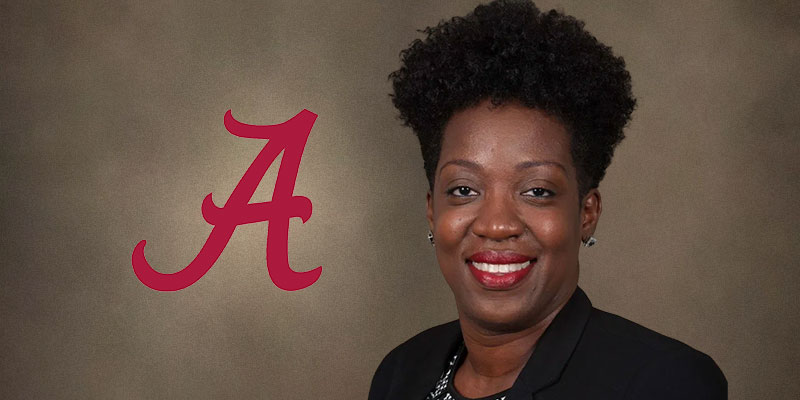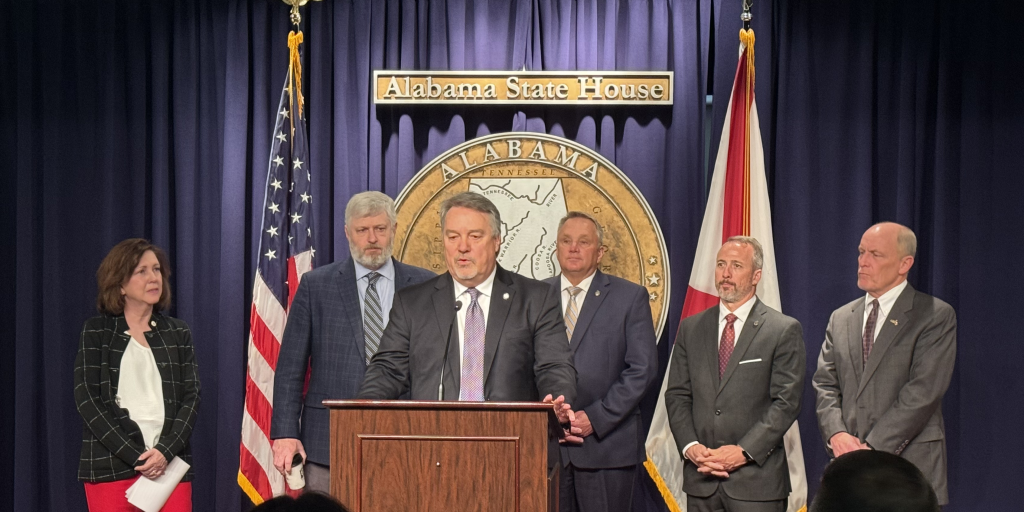The ideal Christmas of times past with extended family and friends gathered together will not be the reality of Christmas 2020.
Because of the pandemic, things are just different, and so, too, is Christmas.
Sha-Rhonda Green, assistant professor of social work at the University of Alabama, said the normal stress, anxiety and depression that accompany the holiday season have been compounded by sickness and deaths from coronavirus, as well as social distancing, limits on the size of gatherings, job losses and other virus-related issues.
“The commercialized, idealized version of how the holidays are supposed to be that people attempt to achieve already brings with it a lot of grief,” Green said. “And now with COVID, there’s added ambiguous grief, another layer of stress and depression.
“People are worried about their loved ones, how they can still get together, if they’re going to meet outside, online or not at all. When people are trying to reimagine and reconfigure how they’ll carry out those celebrations, they are not dealing with letting go of how things are supposed to be, but holding onto it.”
Green said it’s OK not to have the perfect stereotypical Christmas. The idea of “it’s not Christmas if it’s not exactly this way” is false and unnecessarily stressful.
It may be a difficult hurdle to overcome, but to retain some joy this holiday season, Green said people’s mindsets have to change about how the holidays should be celebrated, and they need to acknowledge that “things are different and that frustration and sadness are a part of it.”
How to cope
“It’s OK to cry,” she said. “Your holiday plans are going to look completely different now, and that makes people feel helpless and powerless. It’s not something we have control over.
“When our feelings go unacknowledged and unattended to, we do dysfunctional things such as overeating, yelling, overmedicating and abandoning ourselves. We need to acknowledge the grief, the dissonance and the distance.”
If you’re feeling depressed this holiday season, Green recommends contacting mental health services. “Talking about our problems in a nonjudgmental space is a very healthy thing to do.”
If you’re feeling stressed or anxious, Green suggests slowing down and taking a deep breath. Anxious people shorten their breaths, which increases stress, she said. Breathing makes a big difference in releasing anxiety, as it allows more oxygen to reach the brain.
Movement is also important. Exercising at least 30 minutes a day stretches the body and releases endorphins, which can improve mood.
Saying no to people’s expectations during the holidays when stressed can help maintain psychological health, Green said. Respecting and honoring others when they say no should also be practiced.
“One of the things this time has taught me that I see the need for over and over is to reconcile with people and accept them for who they are,” she said. “Have compassion for your family because they’re dealing with stress, too. Reach out to people and talk to people you haven’t talked to in a while to rekindle with healthy interactions.”
And lastly, always be grateful. Practicing gratitude increases the production of serotonin, the “happy hormone,” and plays a part in mood regulation.
“If a person can think about and practice one thing they’re grateful for it allows our brains to release chemicals to support happiness,” Green said.
This story originally appeared on the University of Alabama’s website.
(Courtesy of Alabama NewsCenter)













